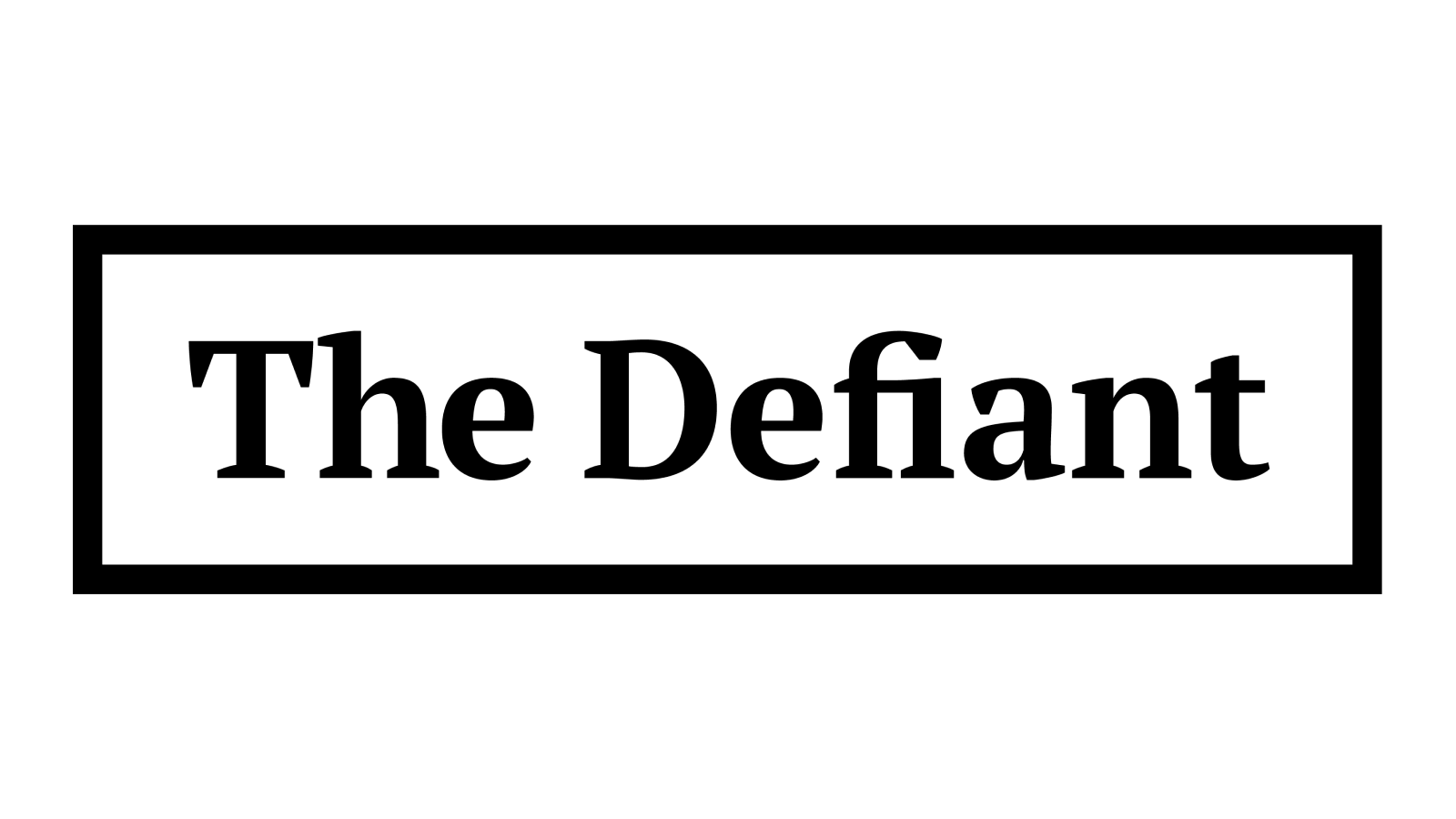Bitcoin Hits New ATH as Ethereum Surges Past $3K: Weekly Crypto Recap

Bitcoin Surges to New Heights: A Look at Recent Crypto Developments
Major Cryptocurrencies Experience Significant Gains
This past week, Bitcoin skyrocketed beyond $118,000, achieving unprecedented all-time highs, while Ether rebounded to surpass the $3,000 mark. The surge wasn’t limited to these leading cryptocurrencies; notable decentralized finance (DeFi) protocols are also witnessing substantial growth. A recent report from Messari highlighted that Aave has outperformed the entire DeFi sector in the second quarter, generating $5.2 billion in total revenue and solidifying its position in the lending market. Additionally, Euler’s EUL token reached new all-time highs, driven by increased protocol usage, indicating a renewed focus on fundamentals in the crypto space.
- Major Cryptocurrencies Experience Significant Gains
- Institutional Interest in Bitcoin Grows
- Controversies and Challenges in the Crypto Space
- Legal Developments in the Crypto Sector
- Stay Informed with The Defiant: Real World Newsletter
- Featured Article: Robinhood’s Tokenized Stocks Explained
- Insights from Industry Leaders
- Upcoming Legislative Changes in Crypto Policy
- Memecoin Phenomenon: Pump.fun’s Success
- Fidelity’s Perspective on Ethereum’s Economic Role
- Bitcoin’s Record-Breaking Performance
- Controversies in Prediction Markets
- Trending Topics in the Crypto Space
Institutional Interest in Bitcoin Grows
Corporations and institutional investors are increasingly looking to capitalize on the recent gains in the cryptocurrency market. A report from Keyrock pointed out the rise of Bitcoin treasury management strategies among companies, with more firms considering BTC as a viable asset for their balance sheets. Fidelity’s characterization of Ethereum as a digital economy, with ETH serving as the “base money,” lends further credibility to this perspective.
Controversies and Challenges in the Crypto Space
However, the crypto landscape is not without its share of controversies. The Zelenskyy suit market on Polymarket concluded with a “No” resolution, despite overwhelming evidence suggesting otherwise. This outcome has ignited discussions regarding oracle governance and the implications of token-based voting on UMA. Meanwhile, in the realm of Solana memecoins, Pump.fun successfully completed its ICO, raising $500 million in mere minutes.
On a more concerning note, DWF Labs’ USDf stablecoin briefly lost its peg, raising questions about the transparency of its collateral and prompting renewed scrutiny of stablecoins, especially as Congress gears up for a significant week of crypto regulation discussions in Washington, D.C.
Legal Developments in the Crypto Sector
In legal news, The Defiant reported that a co-founder of Movement Labs, who was ousted, is now suing the Layer 1 startup in a Delaware court.
Stay Informed with The Defiant: Real World Newsletter
Don’t miss our latest newsletter, The Defiant: Real World, where we explore how trillions of assets are transitioning to on-chain solutions. Each week, subscribers receive a summary of crucial real-world asset and stablecoin news, along with in-depth analyses to provide context.
Featured Article: Robinhood’s Tokenized Stocks Explained
In this week’s edition, we delve into why Robinhood’s tokenized stocks may not actually qualify as stocks. Read more here → The Defiant.
Insights from Industry Leaders
This episode features insights from AJ Warner, Chief Strategy Officer at Offchain Labs, the creators of Arbitrum, discussing the rationale behind Robinhood’s choice of Arbitrum for their Layer 2 solution. We also have an in-depth conversation with Steven Goldfeder, Co-Founder and CEO of Offchain Labs, covering topics such as:
- The mechanics of optimistic rollups and their significance for Ethereum’s scalability.
- The ongoing debate between ZK and optimistic rollups.
- The future of Ethereum Layer 2 solutions and their effects on the broader Ethereum ecosystem.
- Steven’s perspectives on the growth of DeFi, the comparison between ETH and BTC, and the necessity of neutrality in technology stacks.
Upcoming Legislative Changes in Crypto Policy
This week, Congress is poised for a crucial moment in crypto policy, with the U.S. House set to vote on three bills that could significantly influence the future of digital asset regulation. Lawmakers will consider legislation addressing stablecoins, illicit finance, and the need for clearer regulatory frameworks, including the contentious Financial Innovation and Technology for the 21st Century (FIT21) Act and proposed changes to anti-money laundering regulations. The outcomes of these votes could represent a pivotal shift in how cryptocurrencies are regulated at the federal level.
Memecoin Phenomenon: Pump.fun’s Success
The memecoin launchpad Pump.fun completed its public sale of the PUMP token on July 12, raising an estimated $500 million to $600 million shortly after its launch, valuing the project at approximately $4 billion. The sale was met with overwhelming demand, underscoring the growing interest in this sector.
Fidelity’s Perspective on Ethereum’s Economic Role
Fidelity has released a report framing Ethereum as a digital economy, suggesting that Ether functions as a form of base money. The asset management firm argues that Ethereum’s expanding user base and economic activity reflect the development of a digital economy akin to real-world GDP, positioning Ethereum as a leading example of how blockchain ecosystems can evolve into self-sustaining digital nations.
Bitcoin’s Record-Breaking Performance
Bitcoin’s recent surge past $118,000 marks a new all-time high, driven by a broad-based rally in the cryptocurrency market that also saw Ether rise above $3,000. Factors such as strong ETF inflows, renewed institutional interest, and overall bullish momentum across the sector are contributing to this upward trend. While Bitcoin leads the charge, altcoins like Solana and Avalanche are also gaining traction, indicating a broader market uptrend.
Controversies in Prediction Markets
Polymarket, a prediction market platform, recently settled a significant bet with around $200 million in volume regarding whether Ukrainian President Volodymyr Zelenskyy wore a suit before July. Despite media reports describing his June 24 NATO outfit as a suit, the UMA oracle reversed an initial “Yes” resolution to a “No.” Critics argue that UMA’s token-based voting system favors larger stakeholders and undermines factual outcomes, labeling the ruling as “broken” and raising concerns about governance and oracle manipulation. UMA maintains that no wrongdoing occurred but plans to improve its resolution processes.
Trending Topics in the Crypto Space
Stay tuned for more updates as the crypto landscape continues to evolve rapidly.






